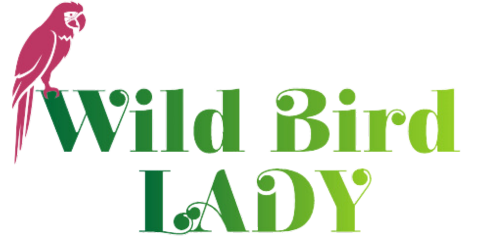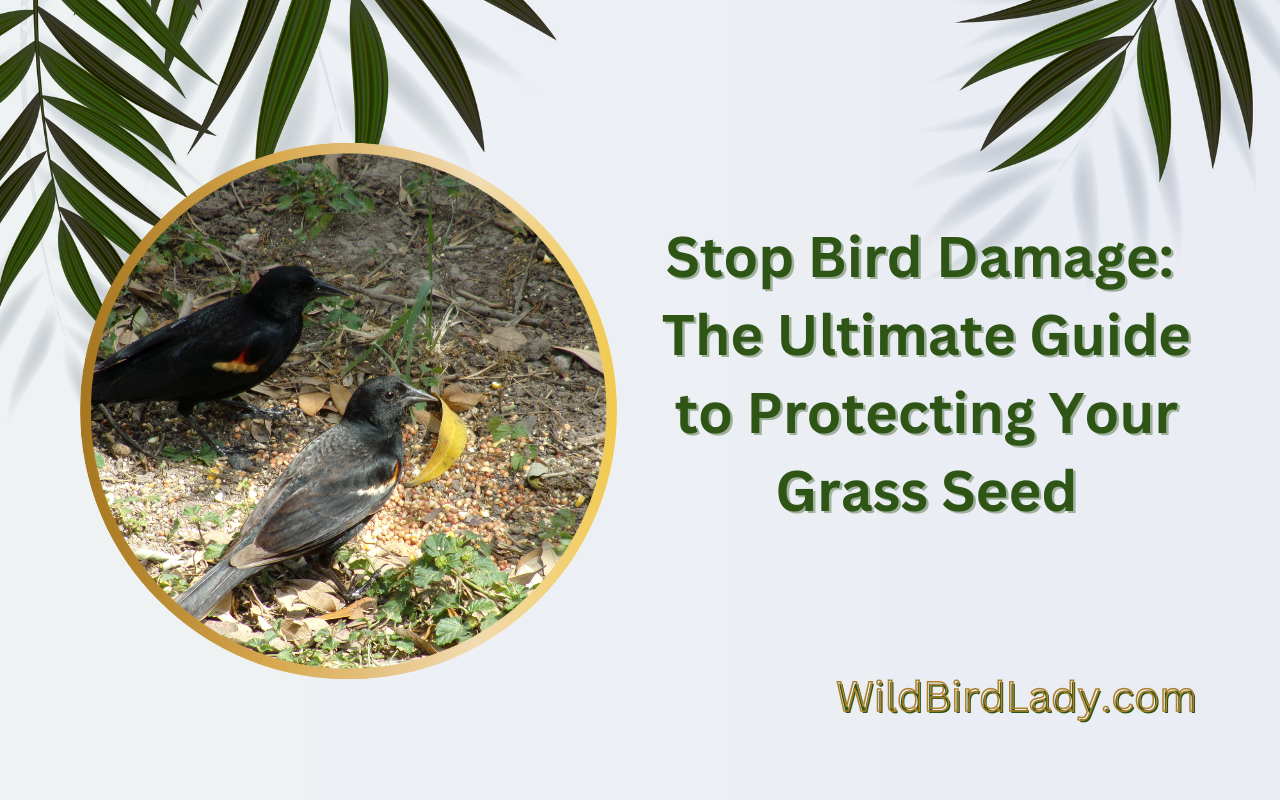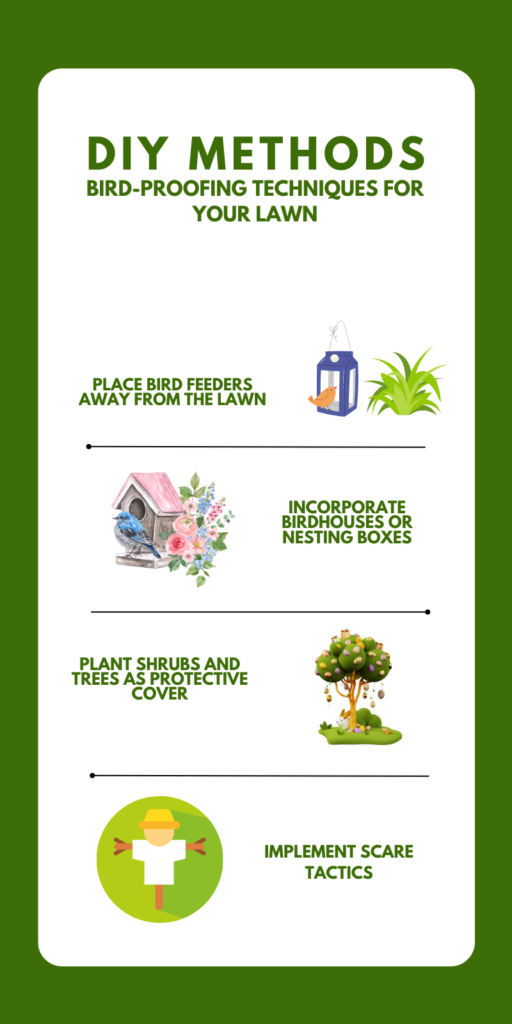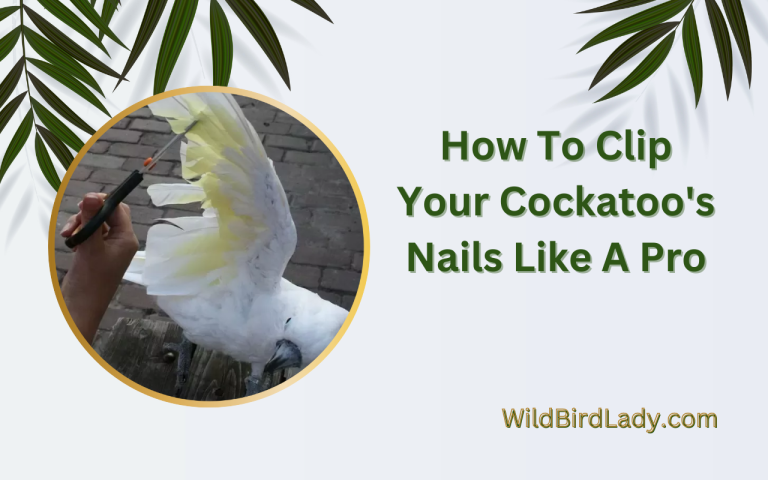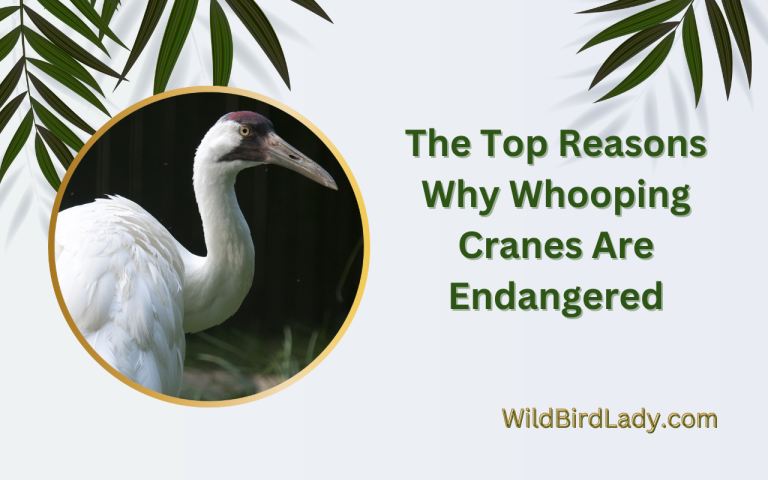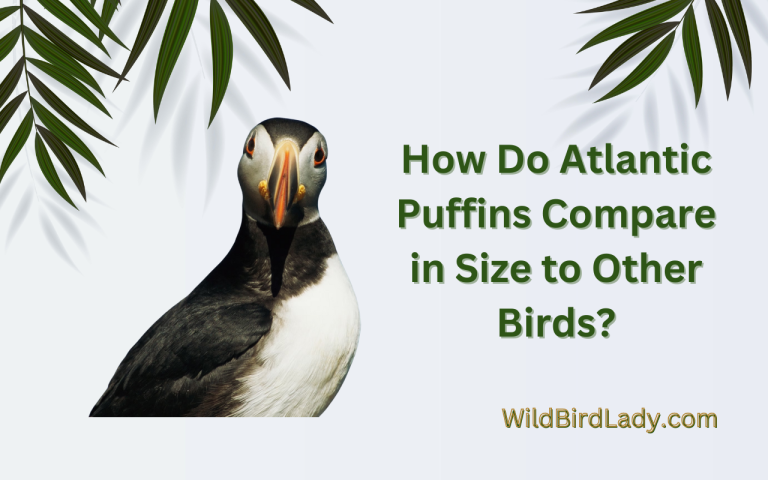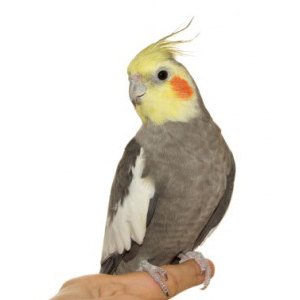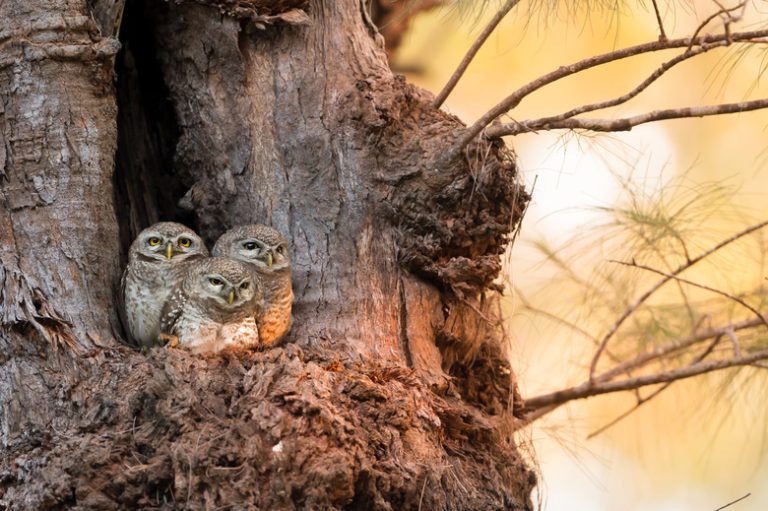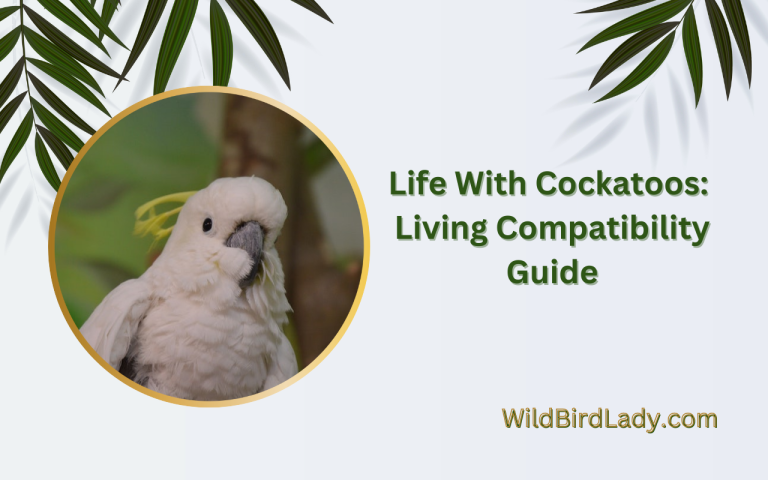How to Stop Birds Eating Grass Seed: 9 Proven Tips for a Lush Lawn
Do you ever feel like you’re waging a never-ending battle with nature? You spend hours meticulously preparing your lawn, sowing the seeds of a verdant paradise, only to wake up the next morning and find a feathery fiesta happening on your freshly laid grass seed. Yes, my friend, I’m talking about those crafty, mischievous avian creatures – birds! They seem to have an uncanny ability to detect the exact moment when you step away, and then they swoop in for an all-you-can-eat feast on your precious lawn.
But fear not, for I come bearing solutions! In this article, we’ll explore the perplexing problem of birds devouring your grass seed, and we’ll arm you with an arsenal of tricks and techniques to protect your lawn from their insatiable appetites. We’ll unveil the secrets of deterring our feathered friends without causing them any harm because, let’s face it, we want to coexist peacefully with nature.
So, if you’re tired of watching your lawn transform into a bird buffet, stick around! We’ve got all the answers you need to protect your grass seed and regain control over your garden. From clever deterrents to ingenious strategies, we’re about to turn the tables on those sneaky birds and reclaim our green oasis. Say goodbye to their beady eyes and mischievous chirping – it’s time to outsmart them and keep your lawn looking flawless. Let’s get started on this avian adventure!
Understanding The Problem Of Bird Damage
Bird damage is a significant challenge when it comes to growing grass from seed. Not only do birds eat grass seed, but they can also damage areas of the lawn, causing an unsightly and uneven appearance. The problem of bird damage is widespread and requires careful analysis to address.
In this segment of the ultimate guide to preventing birds from eating your grass seed, we will dive into the key aspects of this problem.
The Extent Of The Bird Damage Problem
Birds are omnivores and enjoy consuming various types of seeds, including grass seeds. Some birds are more aggressive in their feeding habits than others, and certain habitats may attract a higher concentration of birds. These factors, coupled with the substantial amount of seed being sown, can result in significant losses from birds eating the grass seed.
Additionally, birds can cause damage to emerging lawns, pecking at the grass and creating bare spots.
To summarize, the extent of the bird damage problem is as follows:
- Birds eat a considerable amount of grass seed.
- Some bird species are more aggressive than others, and areas may be more prone to bird damage.
- Birds can also damage the lawn when it is emerging.
By understanding the problem of bird damage, we can begin to take steps to prevent it. The next segment of the ultimate guide to preventing birds from eating your grass seed will delve into prevention techniques that can be employed to help reduce bird damage.
Effective Strategies For Preventing Bird Damage To Grass Seeds
Grass seed is an investment of time and money, and watching birds feed on freshly sown seed can be frustrating. Fortunately, gardeners have several effective strategies to keep birds from eating grass seeds. Here are some of the most practical and sustainable bird-proofing methods:
Techniques To Scare Birds Away From Seedling Areas
One way to protect your grass seed is to implement scare techniques that make birds feel uncomfortable in your yard. Here are some effective bird-scaring methods:
- Visual scare tactics, such as pinwheels, reflective bird tape, and scare balloons, work by creating confusion and agitation.
- Use auditory scare tactics, such as predator bird calls, wind chimes, and inflatable owls that mimic birds of prey.
- Employ movement-focused scare tactics, such as blowing large amounts of air through a fan or creating a motion-detecting sprinkler system.
Physical Barriers To Prevent Birds From Accessing Grass Seeds
Physical barriers can be an effective way of keeping birds from feeding on grass seed. Here are several examples:
- Bird netting, often made of nylon or polyethylene, can be easily stretched over a seeded area to prevent birds from accessing the seeds.
- Plastic or wire mesh fences work well to block birds’ access to fresh seed.
- Cover seedlings with a layer of straw or other mulch material, allowing the seedlings to grow through it, while simultaneously obscuring the seeds from birds.
Use Of Bird Repellent Sprays And Noise Devices
Another effective means of keeping birds away from newly sown grass seed is to use a bird-repellent spray or noise device. Here are two examples:
- Diy bird repellent sprays, which include cayenne pepper and garlic powder mixed with water, provide a distinctive scent that birds find unappealing.
- Birds do not like the sound of ultrasonic waves and are an effective means of keeping birds away from grass seed.
Recommended Cultural Practices To Reduce Bird Damage
Developing positive cultural practices in your yard can lead to lower instances of bird damage to grass seed. Here are some examples:
- Watering seedlings at dusk will lead to seed germination overnight and allow seedlings to dry out by morning, which will keep seed-eating birds away.
- Planting seedlings in a row-formation will not only be easier to maintain, but also make it easier to cover the seedlings with netting or straw.
- Feeding birds in a different area of your yard can divert their attention away from freshly sown grass seed.
By employing the right strategies, gardeners can prevent birds from feeding on their freshly sown grass seed. Try these practical and sustainable techniques for bird-proofing your lawn today!
Bird-Friendly Alternatives For Protecting Your Grass Seed
Environmentally-Friendly Methods To Deter Seed-Damaging Birds
Birds eating newly planted grass seed can be a major problem for gardeners, and using chemicals and traditional pesticides to deter them is not always an environmentally friendly option. Here are some eco-friendly alternatives that can help to keep birds away:
- Use bird scare tape. This tape reflects light and makes a noise that will scare many birds away.
- Hang reflective items such as CDs or aluminium foil strips around your garden to create a similar effect.
- Place small, non-threatening toy animals near your seed to give birds a false sense of security that may otherwise cause damage.
Alternatives To Bird Repellents And Physical Barriers
While some gardeners may use repellents or physical barriers to deter birds from eating their grass seed, these methods can be harmful to birds or require large amounts of plastic or other environmentally unfriendly materials. Here are some alternative options:
- Create a ‘bird-free’ zone around your planted grass seed using a natural physical barrier, such as fencing draped with twine or other fine wire netting.
- Place a decoy predator, such as an owl or hawk, near your newly planted grass seed to scare birds away.
- Scatter bulbous hazelnuts near the grass seed, which birds find unappetizing.
Non-Invasive Bird Control Methods That Protect Both Grass Seeds And Birds
Many traditional methods of bird control can be invasive, — and even harmful — to birds. It is possible, however, to keep birds away from your grass seed without causing any harm to our feathered friends. Here are some methods you can use that are both effective and humane:
- Create a mini-habitat using birdhouses or creating different areas of a yard with different bird-friendly plants away from the seed.
- Feed the birds in a different area of your garden to provide an alternative food source and to keep them from your newly planted grass seed.
- Install motion-activated sprinklers that won’t hurt the birds but will scare them away by creating a water spray when they detect movement.
Types Of Birds That Cause Damage To Grass Seeds
Birds can be a blessing and a curse when it comes to lawn maintenance. While they can be enjoyable to watch, some bird species can wreak havoc on grass seeds, eating them before they have time to germinate. We’ll explore the types of birds that cause damage to grass seeds, their behavior and habits that contribute to seed damage, and the physical characteristics and feeding habits of birds that damage seeds.
Common Bird Species That Damage Grass Seeds
Some bird species are more likely to damage grass seeds than others. Here are a few common culprits:
- Sparrows
- Blackbirds
- Crows
- Pigeons
- Finches
Bird Behavior And Habits That Contribute To Seed Damage
It’s not just which bird species you need to worry about, but how they behave and their habits. Here are a few ways birds can contribute to seed damage:
- Pecking: Some birds will peck away at newly sown grass seeds, uprooting them in the process.
- Searching for insects: Birds sometimes peck at the ground looking for insects, and in the process, they dig up and eat grass seeds.
- Feeding habits: Some birds prefer seeds over other food sources and will focus their attention on newly sown seeds.
Physical Characteristics And Feeding Habits Of Birds That Damage Seeds
Understanding birds’ physical characteristics and feeding habits can help you prevent seed damage. Here are a few physical and feeding traits of birds that damage seeds:
- Sharp beaks: Birds with sharp, pointed beaks, such as sparrows, are more likely to damage grass seeds.
- Large beaks: Birds with large, powerful beaks, such as crows, can easily uproot grass seeds.
- Seed preferences: Birds that prefer seeds as a food source, such as finches, will focus their attention on newly sown grass seeds.
By understanding the types of birds that cause damage to grass seeds, their behavior and habits, and their physical characteristics and feeding habits, you can take steps to prevent your lawn from becoming a bird’s buffet.
Frequently Asked Questions
How Do Birds Damage Grass Seeds?
Birds are notorious culprits of destroying grass seed by eating it. They peck and scratch at the seeds, which can displace them from their position, leading to uneven or patchy growth. This can result in a damaged lawn.
Which Species Of Birds Eat Grass Seeds?
Many bird species feed on grass seeds including pigeons, starlings, sparrows, and finches. If you see these birds in your yard, it’s likely they are the ones causing damage to your grass seeds.
How Does Bird Netting Prevent Birds From Eating Grass Seeds?
Bird netting is a physical barrier that you can place over your grass seeds to prevent birds from being able to access them. The netting creates a false ceiling covering the grass seeds, making it difficult for birds to land and access them.
Do Birds Have A Specific Feeding Pattern For Grass Seeds?
Birds tend to feed more on grass seeds in the morning and late afternoon. They will often feed in areas where the seed is unevenly distributed and in easily accessible locations. By understanding this pattern, you can be strategic in implementing prevention methods.
Can I Use Natural Repellents To Prevent Birds From Eating Grass Seeds?
Yes, some natural repellents like using reflective tape, aluminum pans and cds or using predator urine can help prevent birds from eating your grass seeds. However, these methods may not be as effective compared to using physical barriers like bird netting.
Conclusion
We’ve come to the end of our journey in preventing birds from eating your grass seed. By now, you have learned that birds can be a nuisance when it comes to trying to establish a healthy lawn. You also know that there are various safe and effective ways to prevent them from getting in the way.
From using physical barriers to natural deterrents, you have plenty of options to choose from. Remember to keep the environment in mind when selecting products and techniques. Keeping birds away from your grass seed requires a bit of planning and effort, but the payoff is well worth it.
With the knowledge and skills you’ve gained, you can sit back, relax, and watch your beautiful lawn grow. Happy seeding!
